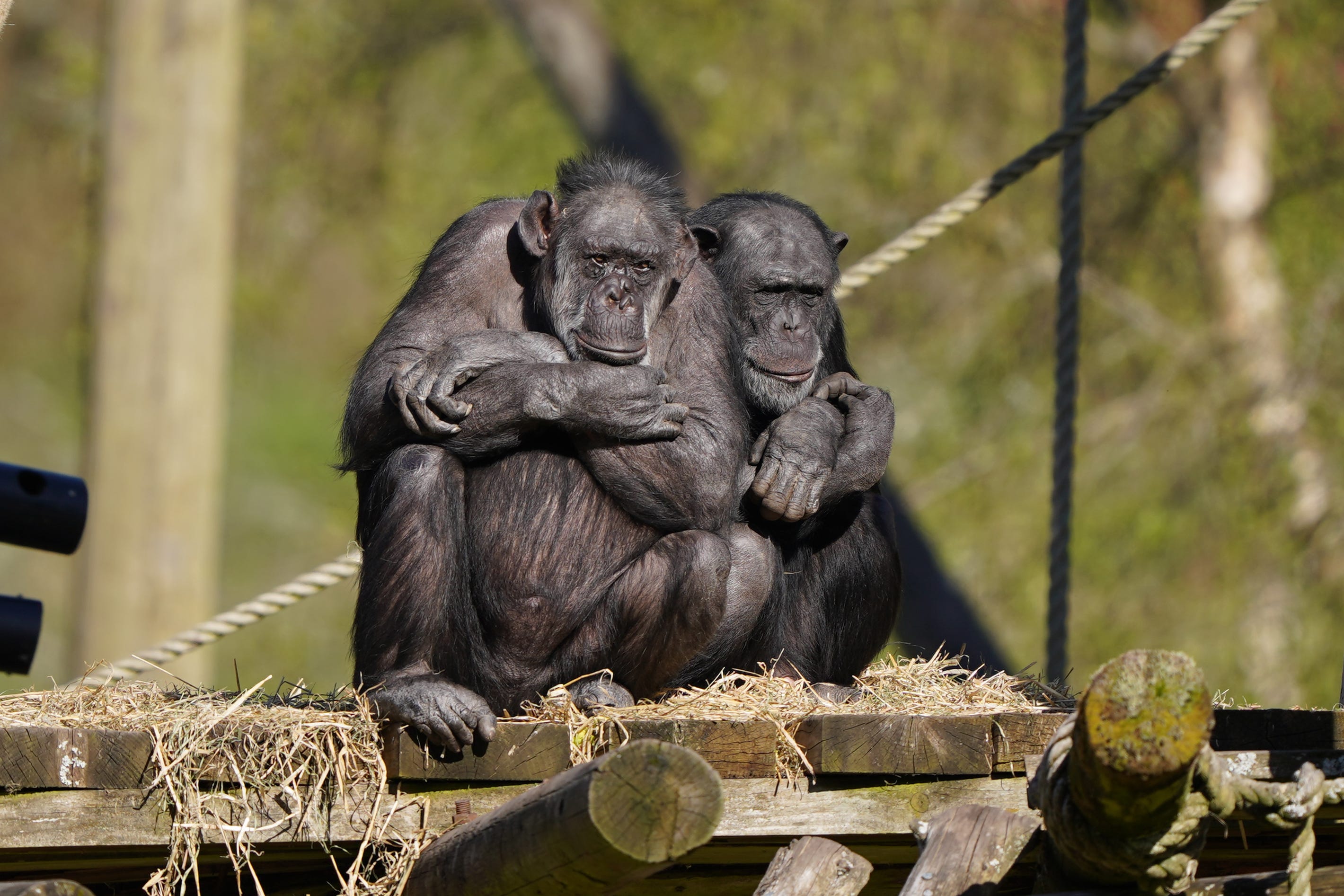Monkeys will never be able to write Shakespeare’s entire works, study finds
It challenges the long-held theory that monkeys pressing keys at random on a typewriter would eventually be able to reproduce the famous texts.

Your support helps us to tell the story
From reproductive rights to climate change to Big Tech, The Independent is on the ground when the story is developing. Whether it's investigating the financials of Elon Musk's pro-Trump PAC or producing our latest documentary, 'The A Word', which shines a light on the American women fighting for reproductive rights, we know how important it is to parse out the facts from the messaging.
At such a critical moment in US history, we need reporters on the ground. Your donation allows us to keep sending journalists to speak to both sides of the story.
The Independent is trusted by Americans across the entire political spectrum. And unlike many other quality news outlets, we choose not to lock Americans out of our reporting and analysis with paywalls. We believe quality journalism should be available to everyone, paid for by those who can afford it.
Your support makes all the difference.Monkeys will never have the capacity to write the complete works of William Shakespeare, a study has found.
It challenges the long-held theory of probability that, given an infinite period of time, monkeys pressing keys at random on a typewriter would eventually be able to reproduce the famous texts.
Researchers from the University of Technology Sydney in Australia considered the abilities of a single chimpanzee using a keyboard pressing one key per second every second of the day, its 30-year lifespan and the species’ current population of about 200,000.
The peer-reviewed study used the heat death theory as the measurement for the timespan of our universe, which states that all matter will cool and decay as it no longer creates energy over trillions of years.
It is not plausible that, even with improved typing speeds or an increase in chimpanzee populations, monkey labour will ever be a viable tool for developing non-trivial written works
While it found there would be a 5% chance that a single chimpanzee would successfully type the word “bananas” in its own lifetime, the likelihood of it writing a random sentence such as “I chimp, therefore I am” was one in 10 million billion billion.
“It is not plausible that, even with improved typing speeds or an increase in chimpanzee populations, monkey labour will ever be a viable tool for developing non-trivial written works,” the study said.
Researchers Stephen Woodcock and Jay Falletta suggested that current popular theory, known as the infinite monkeys theorem, was “misleading within our finite universe”, given Shakespeare’s plays, poems and sonnets totalled some 884,000 words.
Mr Woodcock told CNN: “Even if every atom in our known universe were its own universe on the scale of ours, we would still have pretty much no chance of ever seeing something as long as even a short book, such as Curious George … before the end of the universe.”
The study concluded that “Shakespeare himself inadvertently provided the answer as to whether monkey labour could meaningfully be a replacement for human endeavour as a source of scholarship or creativity.
“To quote Hamlet, act three, scene three, line 87: ‘No’.”
Subscribe to Independent Premium to bookmark this article
Want to bookmark your favourite articles and stories to read or reference later? Start your Independent Premium subscription today.